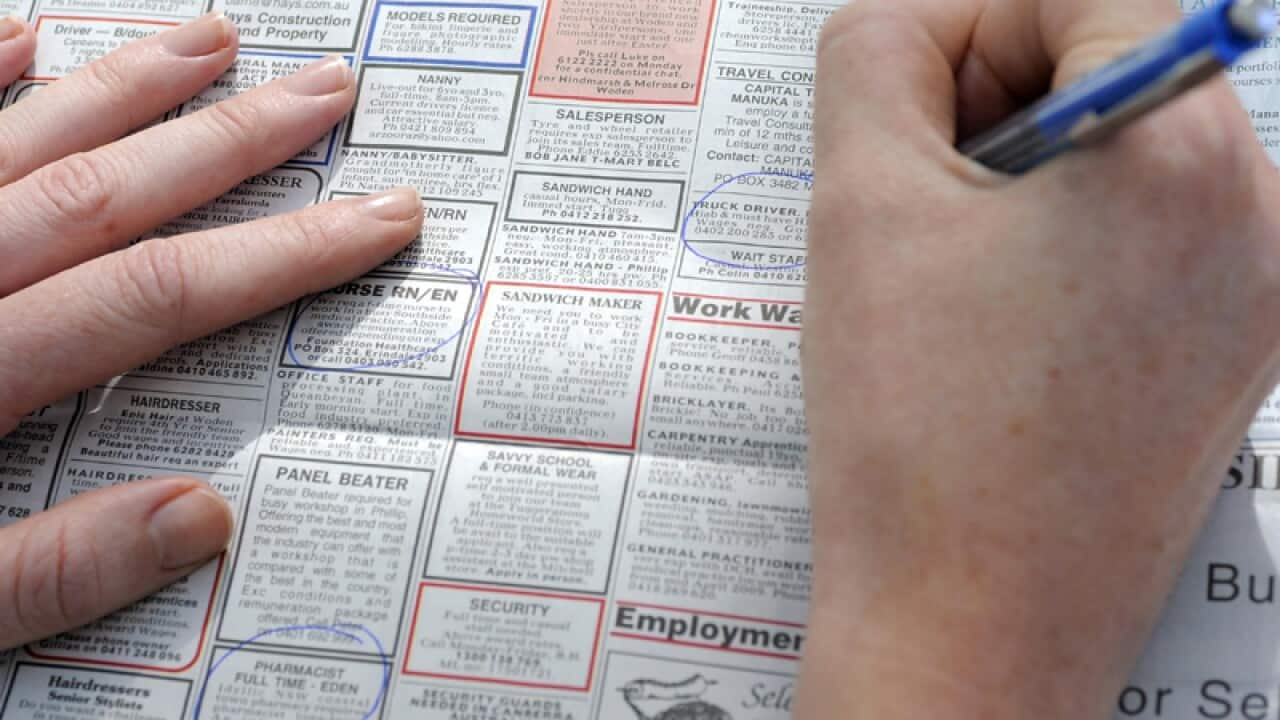Most Australians visiting Disneyworld in the US wouldn’t realise what the real source of its success was: its intern work force. Young people from across America sign up for what they believe will be six months of Disney magic, only to spend it flipping burgers at food stands for below minimum wage.
You wouldn’t think that’d be a work model that a government would be looking to emulate. Yet surprisingly, in Tuesday’s Budget the government may have done just that.
With the creation of an internship placement scheme, the Turnbull Government will pay businesses $1000 to take on a young worker for 15-25 hours of work a week. In return, the worker will receive experience and a small amount of cash ($100) on top of their Centrelink payments.
It’s great the government is considering creative ways to get young workers who have been on Centrelink for over six months into the workforce. But you don’t fix a problem with another problem, and the current system of internships in Australia - if you could call it that - is particularly problematic.
While internships are commonplace in the US and Europe, they have only been on the rise in Australia for the past 10 years. They’ve proliferated in the arts, business and not-for-profit worlds, and for good reason: a good internship is immensely beneficial to both the intern and its organisation.
There are countless interns who have gained real life benefits from their internships. Unfortunately, however, the opposite is also true: desperate to pick up work, too many young Australians are being lured in by an ‘internship’, and then used to pick up dry cleaning, make coffee and fill out data entry, often without being paid at all.
What’s the result? Free internships but not fair internships. Young workers in a tough market undertaking unpaid work in the hope of getting a job at the end of it. Yet research undertaken by Interns Australia shows only 19 per cent of internships lead to a paid position when the intern makes less than minimum wage. This means our newest and most inexperienced workers are at risk of being taken advantage of by unscrupulous businesses and organisations, lured in by the magic of an ‘internship’ tag.
READ MORE

Budget 2016: Winners and losers
The good news is that internships in Australia are still in their infancy. There is time to regulate them before they spread to categories of work like retail and hospitality where young people have traditionally been able to pick up casual but genuine employment.
Unfortunately, the internship placement scheme in the Budget does nothing to ensure Australia has a standard of fair internship – there’s no legal clarification of what an internship is, no enforcement mechanisms for exploitative internships, and no fair wage for the interns employed under the scheme.
Moreover, it opens internships to new industries, so we’ll see interns in all areas of Australian life (intern barista, intern receptionist). And if one café or office takes on interns under the government scheme, it’ll be very easy for another to market their own unpaid “internship” that isn’t government endorsed.
Our aim is to see more fair internships in Australia. But to do so we need a proper legislative look at the burgeoning world of internships in Australia. Without a government commitment to do so, the risk is that the scheme simply normalises the idea of internship, encourages more exploitative internships and sees fewer young people employed in “real” jobs.
Clara Jordan-Baird is the National Policy Director at Interns Australia.










